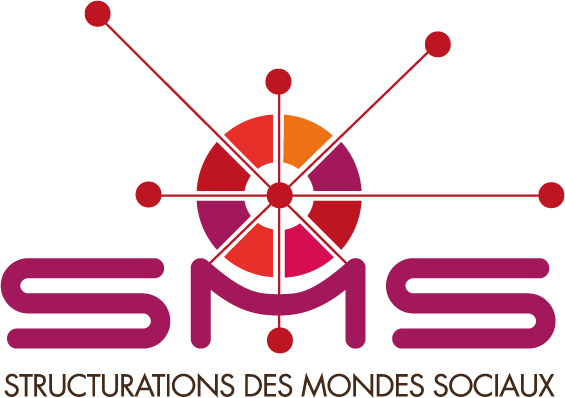-
Partager cette page
Morgane Delmas
Sociology thesis
Defended on September 28, 2020
Dyspraxia against school order ? : a sociological survey of the implications of a neuro-cognitive diagnosis for schooling under the supervision of François Sicot and Sandrine Garcia.
Abstract
Specific learning disorders (which include the realm of “dys-” conditions and attention-deficit disorders with or without hyperactivity) provide a new perspective on children who experience difficulties at school. By considering deviations from the school norm – in terms of behaviour or performance – as consequences of cognitive specificities, these medical/psychological diagnoses compete with the socio-psychologizing approaches that had hitherto prevailed and that regarded poor performances in school as effects of psycho-affective suffering or socio-cultural handicaps.One of the main challenges of the thesis is to assess the impact of such a new neuro-cognitive expertise on the trajectories of the children in question throughout their education, and on the broader treatment of children with learning difficulties.These diagnoses, sometimes administratively recognized as disabilities, are associated with original care systems, combining two approaches: on the one hand, an approach aiming to maximize children’s skills, through functional re-education carried out outside of school by medical auxiliaries, and on the other, a compensatory approach that involves adjusting schooling conditions in a regular environment (lightening the workload, providing human and technical help), so that children are not confronted with their difficulties as much. Through the case of dyspraxia, this research offers an empirical investigation of these recent and little-known strategies by exploring the conditions for their development as well as the division of labour they produce (especially when it comes to teaching) between teachers, special needs specialists, and families.
- How did such an expertise become available historically, and through what channels?
- How does the choice of a diagnosis get made in a competitive context, and how are children’s schooling conditions negotiated when educational strategies involve a redefinition of the roles and place of each player?
The survey shows that the medicalization of learning difficulties is not as prominent as the increasing involvement of health professions in schooling and as a movement towards the privatization of remediation activities – traditionally a school service, which seems to complexify social inequalities at school.
Publication
- Morgane Delmas. La dyspraxie contre l’odre scolaire ? : une enquête sociologique sur les implications scolaires d’un diagnostic neurocognitif. Sociologie. Université Toulouse le Mirail - Toulouse II, 2020. Français. NNT : 2020TOU20035. tel-03463917
